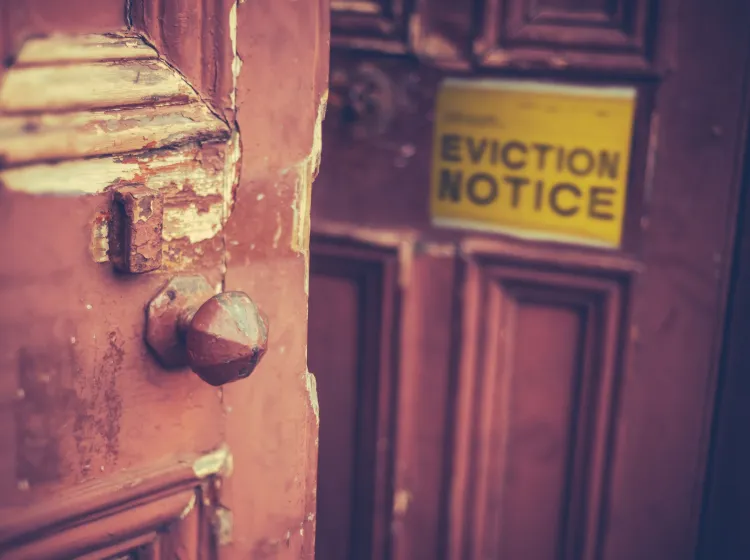
By David Walton
As DHI’s Housing Director, I oversee services which help people who are homeless or at risk of homelessness; but I also oversee Home Turf Lettings, our social lettings agency. When it comes to the repeal of Section 21 – something championed by tenants’ rights groups, but feared by landlords’ associations – you’d understand if I felt quite conflicted.
Background
Section 21 is the ‘no fault’ ending of an Assured Shorthold Tenancy (AST). As long as the paperwork is correct and process properly followed, a landlord does not need a reason to end an AST. The good side of this for landlords is that as well as them not having to prove anything, the court has no discretion to suspend any possession. This means that if a tenant is causing anti-social behaviour or not paying their rent, the easiest and quickest way to get them out is Section 21 as no evidence or testimony is needed. A court order to repay any arrears or damage can be sought separately, but often this is a paper exercise and the money often not recovered. So a Section 21 is a quick clean break. All well and good.
However, figures before the implementation of the Homelessness Reduction Act, and since, show the main reason by far for homeless households presenting to Local Authorities for assistance as homeless is the ending of AST by Section 21. After a property is repossessed under Section 21, some landlords go on to sell the property but many rent again at a higher rent level. So if a landlord wants to let his property at a revised higher rent level, families on low or middle incomes are evicted as they can’t afford higher rents. Also, should a family have a change of circumstances and a drop in income, landlords - either because their lender won’t allow ‘DSS’ tenants or because they don’t want to risk a low income family - serve notice to otherwise known good tenants. Local Housing Allowance levels have fallen way behind rent levels and so a tenant with LHA probably won’t be able to meet any increase. In addition to ending Section 21, the government also wants to impose minimum three-year tenancies.
Consequences
The risk to landlords is that when things go wrong, they will be tied into three-year tenancies which can only be ended through Section 8, which can be costly and would be granted at the court’s discretion, rather than mandatory under current Section 21. Many landlords say the risk would not be worth continuing to rent out their property and many are considering selling up.
Where Home Turf Lettings comes in
What we offer makes Section 21 and Section 8 notices irrelevant for our landlords. As a result of our Guaranteed Rent Scheme, if a tenant’s circumstances change, the landlord still gets their rent. We have support we can put in place to overcome and support tenants with their issues and we also have a responsibility to care for the property and repair any damage.
We welcome the repeal of Section 21 as we anticipate it will help to reduce homelessness. However, we understand the apprehension that some landlords have and would encourage those landlords to get in touch with us if they have concerns. By renting out your property through Home Turf Lettings, you can mitigate the risks arising from the repeal of Section 21, as well as helping people at risk of homelessness.
Email Home Turf Lettings on hello@hometurflettings.co.uk or call 0117 301 2560.
Get news from Developing Health & Independence in your inbox. See our privacy policy.